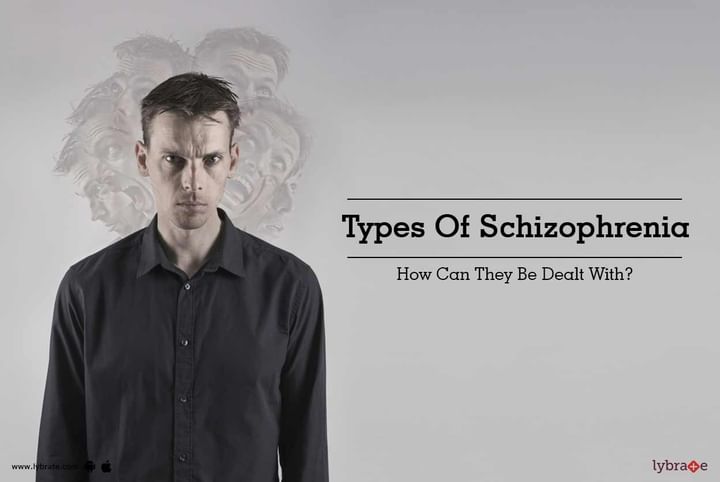Types Of Schizophrenia - How Can They Be Dealt With?
Schizophrenia affects over 1% of the world’s population and affects the way a person thinks, feels and behaves. In most cases, it is diagnosed when a person is between the ages of 16 to 25. This condition can be hereditary and is said to affect men more often than women. Schizophrenia is characterized by an inability to distinguish between real and imaginary which can lead to delusions, social withdrawal, hallucinations and other forms of social and occupational dysfunction.
Schizophrenia affects different people in different ways. On the basis of the type of symptoms exhibited, this disease has been categorized into 5 subtypes. These are:
- Paranoid schizophrenia: This type of schizophrenia is characterized by delusions and hallucinations that may make the person exhibit paranoid behavior. These people often feel like they are being watched or followed and may have delusions of grandeur. They may also get angry quickly on minor issues and show signs of anxiety and hostility.
- Disorganized schizophrenia: In such cases, the person may behave in ways that are difficult to understand or speak in broken sentences and have difficulty structuring a sentence. They may also display inappropriate behavior and react in ways not suitable for the occasion. People suffering from disorganized schizophrenia may also neglect their personal hygiene.
- Catatonic schizophrenia: People suffering from catatonic schizophrenia may swing between immobility and periods of rapid movement. They may stay quiet for hours or talk rapidly repeating everything they hear. These people have a high risk of harming themselves as they are usually unable to look after themselves and complete daily activities.
- Undifferentiated schizophrenia: People suffering from this type of schizophrenia exhibit behavior that fits into more than one type of schizophrenia. From time to time they may have hallucinations, suffer from delusions or display catatonic behavior and disorganized behavior or speech.
- Residual schizophrenia: Even though a person may not be currently showcasing any signs of schizophrenia, they are said to have residual schizophrenia. Such people need to have had at least one schizophrenic episode. These people may exhibit symptoms later or be in complete remission.
With schizophrenia, an early diagnosis can make treatment easier and hence if you notice anyone exhibiting signs of schizophrenia, you must advise them to seek medical help immediately. Schizophrenia cannot be cured but it can be managed with a combination of typical or atypical medication and cognitive therapy. The latter can be in the form of self-help groups, housing and employment programs, counseling and therapy.
In case you have a concern or query you can always consult Psychiatrists in Pune & get answers to your questions!



+1.svg)
